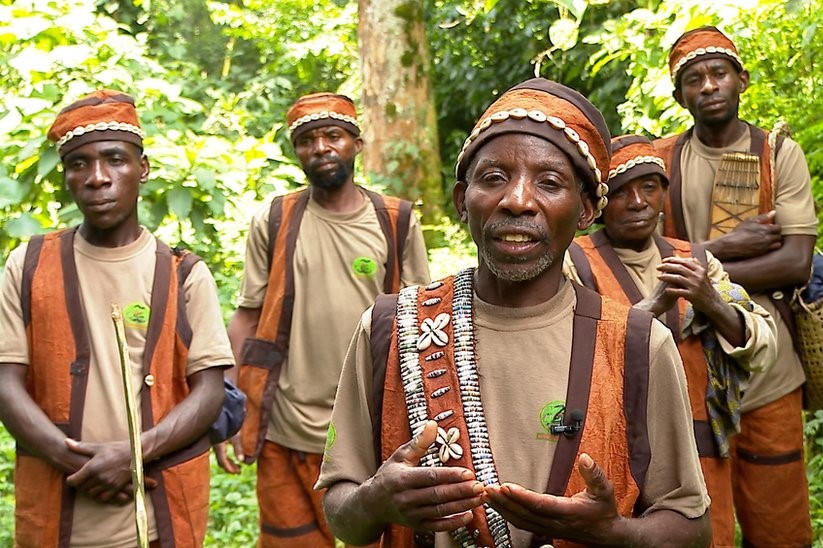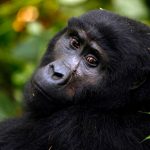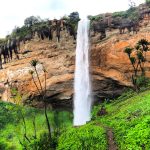Batwa People: Guardians of the Forests, Keepers of Ancient Wisdom
The Batwa People of Uganda. Batwa people are one of the ethnic groups that lived deep in Central and East Africa’s dense rainforest, far from modern civilization. Their story is one of survival, rich culture, and deep ties with nature around them. They are often referred to as the “keepers of the forest.” The Batwa trace their history back thousands of years, their lifestyle inseparable from the cadence of the wild lands that they call home.
Origins and History:
The Batwa, otherwise known as Twa or Pygmy people, are indigenous hunter-gatherers of the Great Lakes region that cut through parts of Uganda, Rwanda, Burundi, and the Democratic Republic of Congo. Its history is deeply rooted in the rainforests, where generations have survived, mastering everything around them, from flora to fauna.
They live closely connected to the two vast, ancient ecosystems: Bwindi Impenetrable Forest and Mgahinga Gorilla National Park. The forests are much more than a source of food; they have played a great role in shaping their cultural identity. However, all these ways of living have been hugely disrupted by external forces-from conservation efforts to displacement.
The Batwa lived semi-nomadic lifestyles, depending on hunting for food and gathering. It is because of this great understanding of the forest that they can manage to live with nature, both using medicinal plants and easily passing through the thick vegetative cover.
Traditional Lifestyle: – The Batwa People in Uganda
For generations, this ethnic group of people has been very skilled in hunting and gathering, hailing the great forests as their only sustenance. No one is more knowledgeable than they are of the flora and fauna. Indeed, they tend to attach a deep spiritual association with this, binding them to the land. For them, the forest is not just a source of food, but a sacrament carrying within it the key to their cultural identity.
Besides hunting and gathering, Batwa are also known for their dynamic music, dance, and storytelling. Through these, they send across their traditions to successive generations. The artistic production of the Batwa expresses their harmony with nature and is a living testimony to the reasons why their cultural heritage should be preserved.
Challenges and Displacement:
The Batwa people are attached to the forests, yet they have had a lot of difficulties over many years. The various conservation initiatives involved in the protection of the endangered species and ecosystems have led many times to the eviction of these people from their lands; this means loss and displacement of their accustomed way of life, to which quite a number of Batwa find it difficult to adapt in new environments.
Additionally, the Batwa people were always ostracized and stigmatized by the societies in the periphery. Lack of access to education, healthcare, and basic amenities have further exacerbated a number of their problems. While solutions for these are very much in the offing, efforts by the Batwa to reclaim their rights and cultural heritage remain a long journey.
Preserving the Culture.
In the last ten years or more, there has been a greater realization of the need for culture conservation for the these people. A number of organizations and initiatives work alongside the Batwa themselves to ensure economic empowerment, education, and even to give them representation in conservation societies.
Efforts are being made towards sustainable tourism development that involves the Batwa, showcasing them through their traditional way of life. It not only opens up economic opportunities for the community but sensitizes the world towards the rich cultural tapestry of the Batwa.
Remarks: – The Batwa People in Uganda
The story of the Batwa people is one of resilience, adaptability, and deep spiritual connection with nature. The recognition and support for them to take that move in conserving their cultural heritage become important as they go through various challenges of the modern era; This unique relationship between the Batwa and forests adds beauty not only to the lives of its people but also gives them lessons concerning the living style, which brings them and the environment into coexistence. Recognition and respect for the Batwa people contribute to the tapestry of diversity that makes us human and reaffirm our common obligation to protect the cultural treasures of our world.











